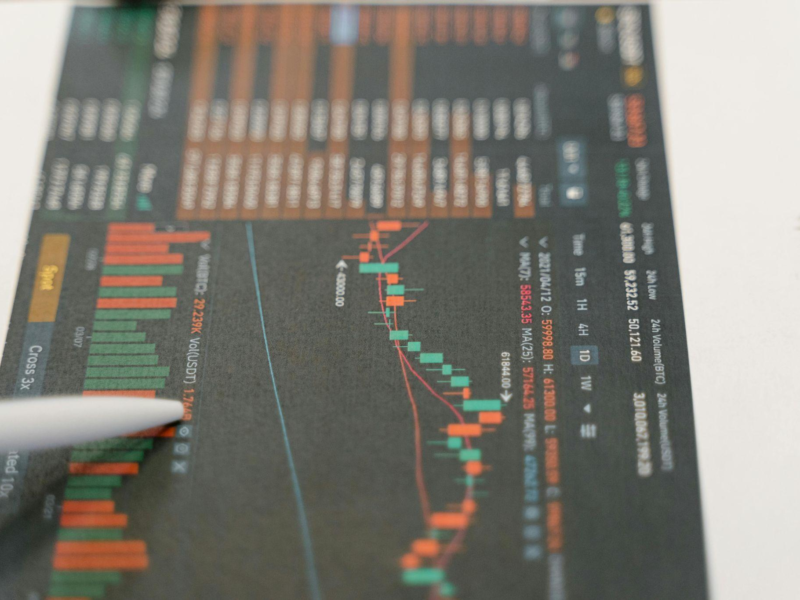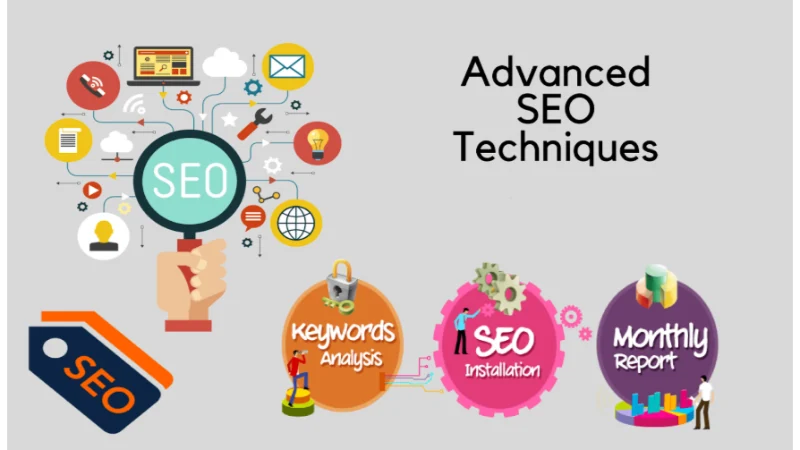Celebrities with Noonan Syndrome is a rare genetic disorder that affects normal development in various parts of the body. It can cause unusual facial characteristics, short stature, heart defects, and developmental delays. This condition occurs in both males and females and affects about 1 in 1,000 to 1 in 2,500 people worldwide. Noonan Syndrome is caused by mutations in certain genes involved in cell growth. Most cases are inherited, but some occur spontaneously. While its symptoms vary, early diagnosis and treatment can significantly improve quality of life. Therefore, raising awareness and recognizing symptoms early can make a life-changing difference.
Recognizing the Symptoms of Celebrities with Noonan Syndrome
People with Celebrities with Noonan Syndrome may show different combinations of symptoms. For example:
- Wide-set eyes and low-set ears
- Webbed neck or short neck
- Drooping eyelids (ptosis)
- Heart issues like pulmonary valve stenosis
- Delayed growth and puberty
- Learning difficulties
Each case is unique. As a result, some individuals live relatively typical lives, while others may face significant health challenges. Consequently, early detection remains crucial for planning supportive care.
Why Awareness About Celebrities with Noonan Syndrome Matters
Raising awareness about Noonan Syndrome is vital. Since many people remain undiagnosed or misdiagnosed due to the wide range of symptoms, greater public understanding helps with early detection, which is crucial for effective care. In addition, awareness reduces stigma and builds empathy. When celebrities or influencers speak out about rare disorders, they inspire change and encourage open conversations. Consequently, public perception shifts positively, fostering inclusion and acceptance.
Celebrities with Noonan Syndrome: Rare but Influential
Confirmed public figures with Celebrities with Noonan Syndrome are extremely rare due to its low prevalence and personal privacy concerns. However, awareness advocates and influencers who openly share their experiences play a critical role in shaping perceptions. Some individuals have gained visibility on platforms like TikTok, YouTube, and Instagram, discussing their life with Noonan Syndrome. Because of their courage, others feel empowered to share their journeys. In this way, they become change-makers. Although we may not have a long list of Hollywood stars with the condition, those in the rare disease community who share their journey are no less influential. Their voices often echo louder than fame, especially in health advocacy.
Role of Influencers and Advocates in Health Awareness
In today’s digital age, health influencers are more powerful than ever. Influencers with Noonan Syndrome use platforms to educate people about living with the condition. They discuss daily routines, medical treatments, emotional struggles, and success stories. As a result, their followers gain valuable insight and support. These individuals may not always have celebrity status, but their impact is immense. By speaking publicly, they normalize rare conditions and help reduce ignorance. Therefore, their contributions cannot be overstated. Moreover, their voices often lead to increased research funding and improved healthcare policies. Without their advocacy, progress would be much slower and less effective.
Stories of Strength: Real People, Real Impact
Many parents of children with Noonan Syndrome become powerful advocates. In fact, they create blogs, YouTube channels, and support groups to spread awareness. Their real-life stories show the resilience and hope that defines the Noonan Syndrome community. For example, some families share yearly updates about their child’s progress—from surgeries to school achievements. Not only do these narratives educate others, but they also provide comfort to new families facing similar journeys. As these stories circulate, they inspire widespread empathy.
Medical Insight: Living with Noonan Syndrome
Life with Noonan Syndrome often involves regular medical checkups, heart monitoring, speech therapy, and physical therapy. Additionally, children may need help with schoolwork or social development. Therefore, early and consistent medical care is vital. Advances in medical research have greatly improved life expectancy and quality of life. As a result, many adults with the condition lead independent, fulfilling lives. This shows that with the right support, obstacles can be overcome.
Early Diagnosis Changes Lives
Early detection of Celebrities with Noonan Syndrome can significantly improve outcomes. With genetic testing now more accessible, many parents are able to receive a diagnosis sooner than before. This allows early intervention therapies, special education support, and regular cardiac care. Consequently, the sooner the condition is managed, the better the chances for a healthy life. Hence, raising awareness about early symptoms is crucial.
Support and Resources for Families
Many organizations support people affected by Noonan Syndrome. These include:
- Noonan Syndrome Foundation
- Mastopathies Network
- Global Genes Project
These groups offer resources, online forums, events, and guidance for patients and caregivers. In turn, families can connect, share experiences, and find professional advice from genetic counselors, pediatricians, and therapists. Furthermore, they host awareness campaigns, research grants, and community webinars to keep the public informed and engaged.
How to Help Raise Awareness
Everyone can play a role in spreading awareness. Here’s how you can contribute:
- Share educational posts on social media
- Participate in rare disease events
- Donate to research organizations
- Wear ribbons or merch supporting Noonan Syndrome
Even small actions can make a big impact. By working together, we can foster a more inclusive society. After all, awareness begins with a single voice.
Breaking Stereotypes and Building Empathy
Celebrities with Noonan Syndrome, or those who support rare disease causes, help break stereotypes. They show that a genetic disorder does not define a person’s worth, talent, or potential. We must highlight strengths, achievements, and individuality—not just medical conditions. Moreover, embracing diversity builds stronger, more empathetic communities. Therefore, support and representation must be ongoing efforts.
Final Thoughts : Celebrating Strength and Raising Voices
Though few celebrities with Noonan Syndrome are publicly known, many brave individuals continue to raise awareness through personal stories. Indeed, they are everyday heroes, shaping a better, more inclusive world. By supporting this cause, we not only educate others but also uplift those living with Noonan Syndrome. Let us continue to share, learn, and advocate—because awareness leads to action, and action leads to change. Visit WEBSITE for more detail.



One thought on “Celebrities with Noonan Syndrome: Inspiring Health Journeys”